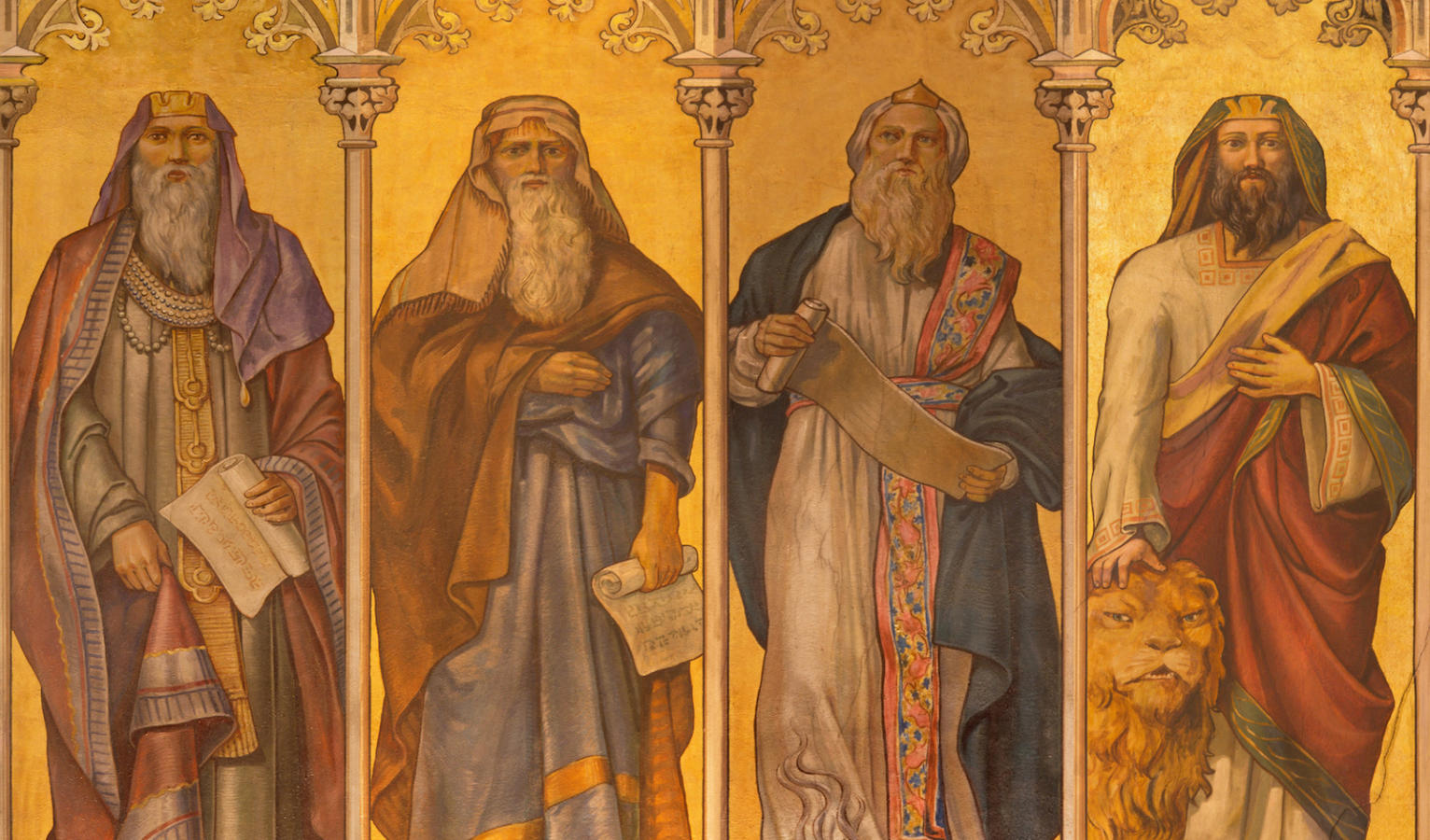Commentary on Parashat Mishpatim, Exodus 21:1-24:18
In Parashat Mishpatim we read the rules of owning Jewish slaves. The practice is strongly discouraged, and the Torah stipulates that all Jewish slaves must be set free, their debts cancelled, every seven years. This practice protects Jewish slaves from being held as indentured servants for extended periods of time, and emphasizes the dignity of all, no matter social status.
In the Haftarah for Parashat Mishpatim, Jeremiah berates the people of Judah for keeping Jewish slaves against God’s wishes, and predicts that Jerusalem will be conquered because of the people’s disrespect for God.
This prophecy comes as a result of the Babylonian invasion of Judah led by Nebuchadnezzar, king of Babylon. In 588 BCE, Nebuchadnezzar’s forces surrounded Jerusalem, laying siege to the holy city. Inside the city’s walls the Jewish elite agreed to release all of their Jewish slaves in order to induce God’s forgiveness and add to the manpower available for the defense of Jerusalem. But when Nebuchadnezzar suddenly lifts the siege, the slave owners cancel the release of their slaves.
The Importance of Covenants
Jeremiah begins his prophecy by reminding the people that just as they made a covenant with the Judean King Zedekiah to release all of their slaves, God made a covenant with their ancestors after God freed them from slavery in Egypt. God’s covenant required the Israelites to free all of their Jewish slaves every seven years. By taking their slaves back, the people are reneging on their covenant with Zedekiah, and on the covenant that their ancestors made with God. They have desecrated God’s name, and they will be punished through famine, pestilence, and the sword.
With your help, My Jewish Learning can provide endless opportunities for learning, connection and discovery.
The people of Israel who brought their slaves back by force will be “handed over to their enemies, to those who seek to kill them” (34:20). King Zedekiah and all of his officers will suffer at the hands of King Nebuchadnezzar, who will return to attack and capture the city, leaving Judah desolate and destroyed.
The Haftarah closes with two verses taken from an earlier chapter in which God promises never to reject the descendants of Jacob and King David. God will always restore the fortunes of his people and take them back with love. These verses were added so that the Haftarah would end on a note of consolation and not destruction.
Torah
Pronunced: TORE-uh, Origin: Hebrew, the Five Books of Moses.
Haftarah
Pronounced: hahf-TOErah or hahf-TOE-ruh, Origin: Hebrew, a selection from one of the biblical books of the Prophets that is read in synagogue immediately following the Torah reading.



